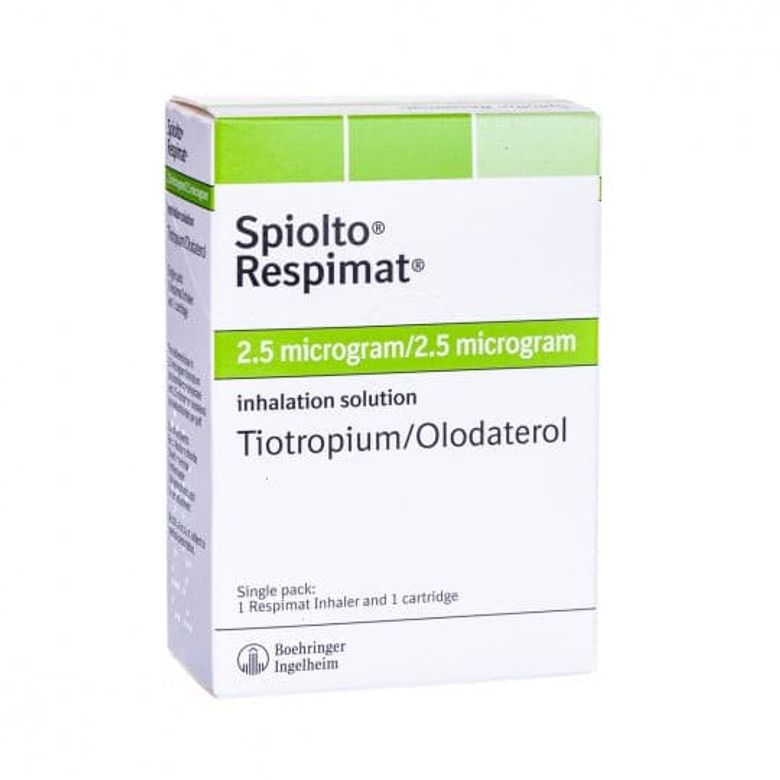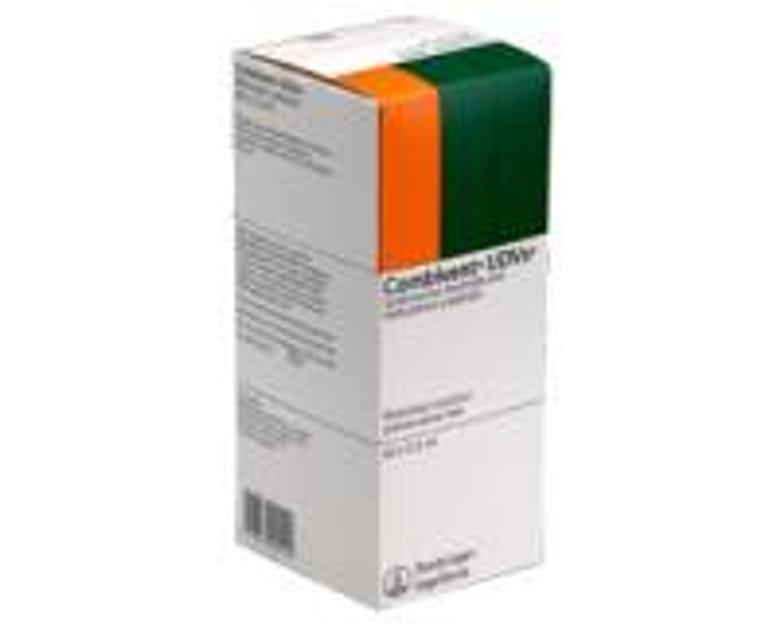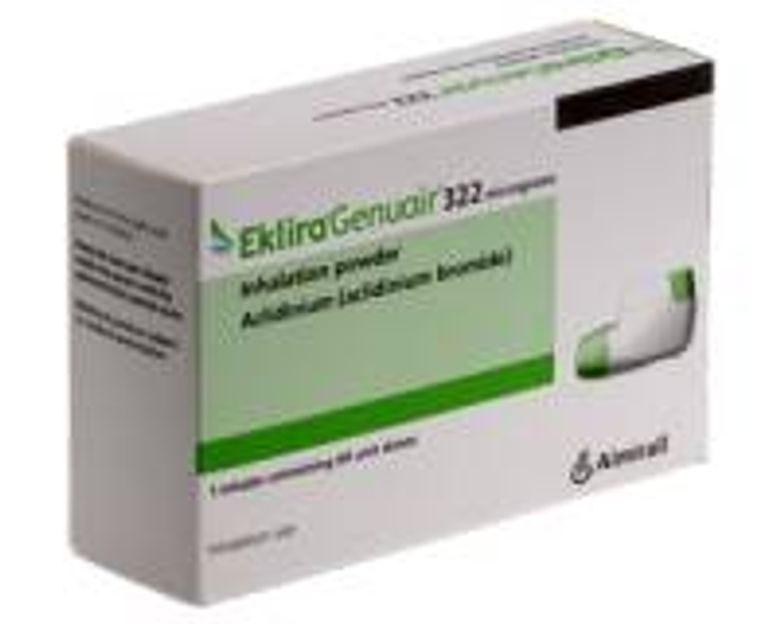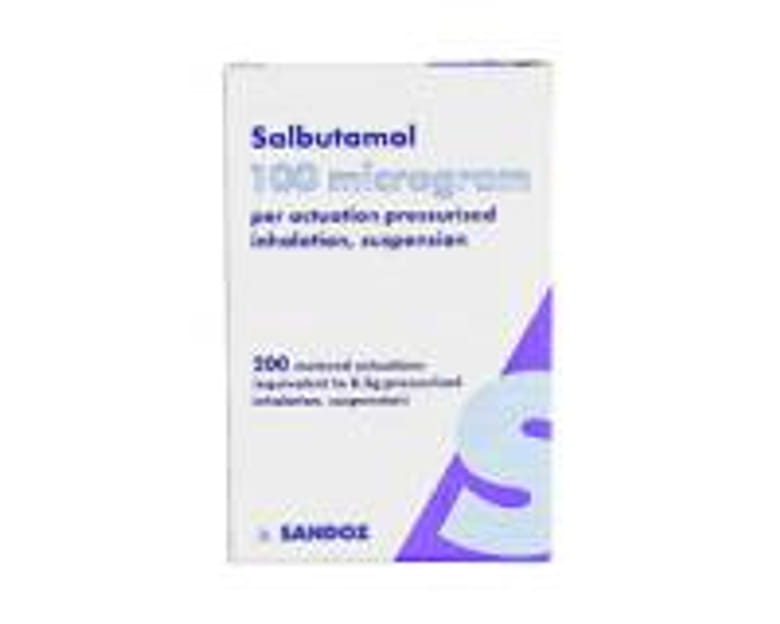Chronic obstructive pulmonary disease (COPD) is a term used to describe two long-term lung conditions: chronic bronchitis and emphysema. Chronic bronchitis involves permanent inflammation of the mucus membranes in the bronchial passages, while emphysema gradually damages the air sacs (alveoli) in the lungs, leading to increasing difficulty in breathing. COPD is considered a progressive condition, meaning that it worsens over time. While there is no cure, medication can help alleviate symptoms and slow down the progression of the disease.
COPD causes lasting damage to the lungs, with symptoms that may include:
- Chest tightness
- Frequent coughing
- Fatigue and lack of energy
- Shortness of breath
- Productive cough that brings up mucus
The condition is most commonly found in individuals over 40, with cigarette smoking being the primary cause. Exposure to secondhand smoke also significantly increases the risk of developing COPD. Additionally, long-term exposure to other lung irritants such as chemicals, dust, air pollution, or asbestos can contribute to the disease. In some rare cases, genetic factors may play a role, and pre-existing lung conditions like asthma can also lead to COPD.








